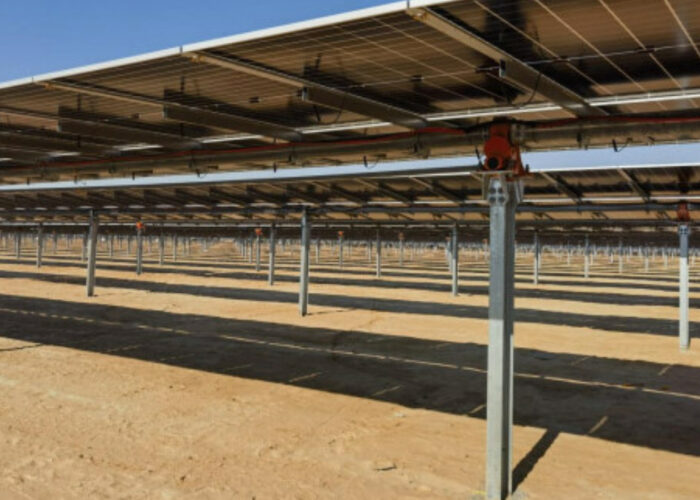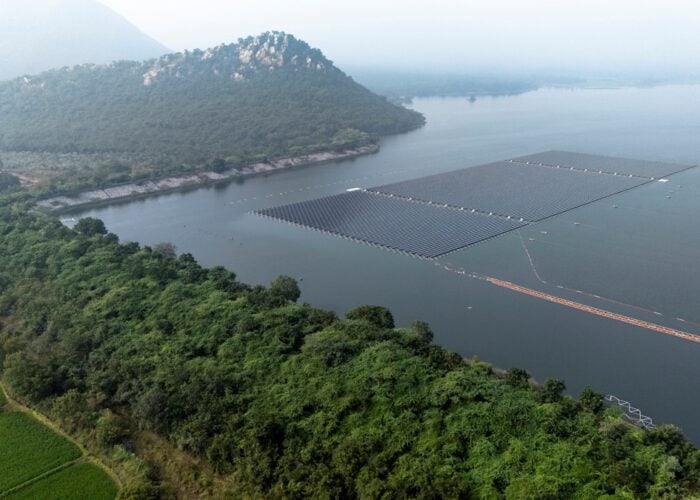German Chancellor Angela Merkel has dealt a blow to Germany’s flagging downstream sector by questioning its credibility as a commercially viable energy source and calling for a further cut to its feed-in tariff (FiT).
Merkel made the comments at a regional conference for her Christian Democrat party in Magdeburg, where she also suggested that in future the government would forgo the domestic PV market in favour of solar energy from countries with high irradiance levels.
Try Premium for just $1
- Full premium access for the first month at only $1
- Converts to an annual rate after 30 days unless cancelled
- Cancel anytime during the trial period
Premium Benefits
- Expert industry analysis and interviews
- Digital access to PV Tech Power journal
- Exclusive event discounts
Or get the full Premium subscription right away
Or continue reading this article for free
Over the last few years, Germany has started to wean its solar industry off government support by gradually reducing FiT rates. However, in 2011 the industry has begun to stagnate, with many experts blaming this decline on subsidy cuts in several of Europe’s leading PV markets.
Yet despite the problems solar has endured in 2011, the Chancellor’s dismissal of the German market – which is the world’s leader with nearly 18GW of installed capacity – as not commercially viable appears rather strange.
Last month, Greek Prime Minister Georges Papandreou confirmed that Germany was exploring the possibility of importing solar-generated electricity from his debt-ridden country. But, with Greece’s PV industry still in a state of relative immaturity, this option would not appear to offer an immediate threat to domestic producers.
An additional stumbling block to the Chancellors plans to mothball solar is the nuclear situation. By 2022, Germany will close all of its nuclear plants, which currently account for around 23% of national energy production, and, despite Merkel’s protestations to the contrary, many government and industry insiders have already earmarked solar to fill this void.






